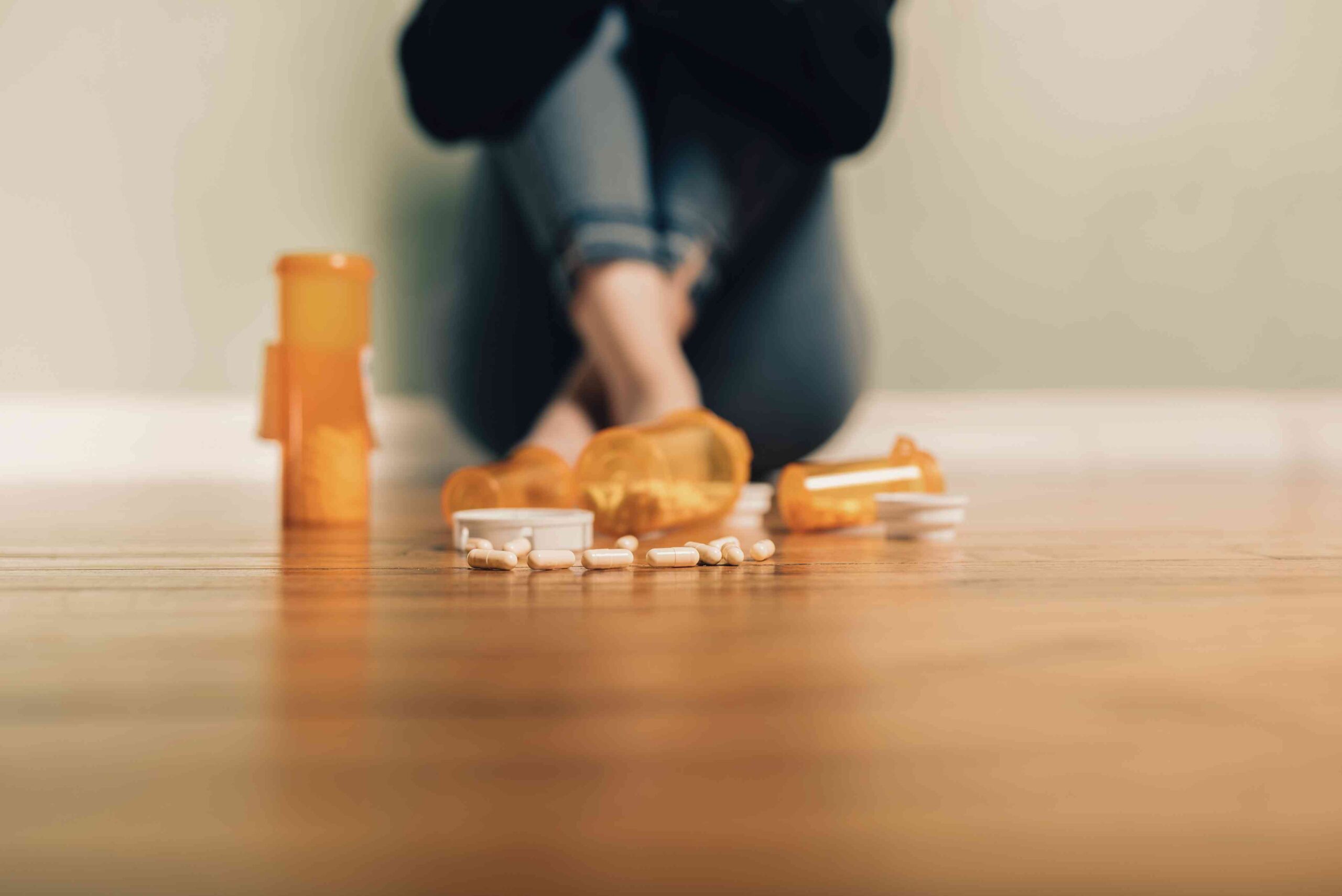Addiction is a significant challenge, and recovering from an addiction is a complex journey. Finding the motivation and courage to enroll in and complete a rehab program is not easy for everyone. Fears and stigma can hold a lot of people back from accepting proper help, but another factor is not being able to predict certain challenges that accompany addiction recovery. In this blog, we’ll explore common challenges of addiction recovery and how ibogaine therapy can help you through those challenges and complete your rehabilitation.
6 Common Challenges in Addiction Recovery
There are various challenges involved in addiction recovery. Being aware of these challenges beforehand can help you prepare mentally and physically for your journey.
Physical Withdrawal Symptoms
Physical withdrawal symptoms are the first challenge of addiction recovery. When your body is used to certain substances, cutting them out of your life means changing the way your body works. For instance, when people are trying to quit alcohol, opioids, and/or other drugs, they often experience nausea, vomiting, headaches, and other symptoms, depending on the nature of the substance.
Psychological and Emotional Challenges
Another challenge of addiction recovery is the psychological and emotional changes that an individual goes through during rehab. Some examples of these symptoms are depression, anxiety, reduced motivation, and feelings of loneliness. You may find difficulty experiencing pleasure and feel more apathy. Some people also experience more severe symptoms, such as the development of hallucinations and delusions.
Craving & Relapse
The initial days of rehab are the most challenging. When you stop using a substance and begin your journey towards recovery, your body starts to crave the substance that you were dependent on. It’s highly critical to take all the help available because, in this stage, individuals are most likely to relapse.
Lack of Motivation
Lack of motivation is a significant challenge in addiction recovery. It’s a common obstacle that can hinder your progress and, in some cases, even lead to relapse. Motivation is a driving force in your journey of recovery. While it’s normal to lack motivation sometimes, it’s important to be under medical supervision and work with a professional counselor to ensure your progress remains manageable and productive.
Building & Repairing Relationships
Substance dependency not only affects an individual, but also their relationships. Having relationships and a social network is important for finding support, love, and friendship; it’s an essential part of recovery. However, strained relationships and hesitation to build new relationships are common challenges in addiction recovery. Once you accept help and feel motivated to work on yourself, you can find the support you need to build new connections and repair old relationships.
Developing New Coping Strategies
Although your stay at a rehabilitation center helps you develop coping strategies to manage acute symptoms, you will also need long-term coping skills to stay on the right track for the rest of your life. Developing and sticking to these coping strategies can be a significant challenge. That is why it’s crucial to work with professional resources and find dedicated support networks that help you strengthen your coping mechanisms.
Role of Ibogaine in Addiction Recovery
Although addiction recovery has many challenges, with the right support system, you can overcome the obstacles and lead a life of sobriety, joy, and happiness. Ibogaine is a plant-based psychoactive drug that is widely researched and known for its ability to curb withdrawal symptoms caused by alcohol and substance abuse. Here’s how ibogaine helps you approach the challenges in your addiction recovery:
Alleviation of Withdrawal Symptoms
The biggest benefit of ibogaine is its ability to reduce the effects of drug withdrawal during addiction recovery. It helps alleviate withdrawal symptoms associated with heroin, morphine, cocaine, fentanyl, methamphetamine, prescription opioids, and alcohol. When administered under medical supervision, ibogaine can make your recovery more manageable.
Reduced Cravings
One of the biggest withdrawal symptoms associated with almost all substance dependencies is craving. When an individual quits a certain drug, their body starts to crave it more and more. In many cases, the craving becomes uncontrollable and often leads to relapse. However, ibogaine can help reduce cravings and make your body adjust to the new condition gradually.
Neurological Reset
Ibogaine not only helps your body, but it also heals your brain. Ibogaine interacts with multiple neurotransmitters in the brain and can help improve dopamine and serotonin levels.
Psychological & Emotional Healing
Ibogaine is also known to help treat symptoms of PTSD, anxiety, and depression. Anecdotal research suggests that undergoing ibogaine therapy is an extremely emotional experience, which heals you psychologically and emotionally and changes your perception of life in general.
Clarity
Some individuals have described their ibogaine experience as a sort of “dream-like” state, where they see visions of their past life that help them confront and come to terms with their trauma and other underlying issues associated with their addiction. However, this is not the case for everyone.
Is Ibogaine Right for Addiction Recovery?
Recovering from an addiction is not an easy thing to do. Many individuals find that ibogaine gives them a new opportunity for a sober life. It’s a natural compound discovered by Howard Lotsof, who was a heroin addict himself and experienced a significant reduction in withdrawal symptoms after consuming ibogaine.
That said, ibogaine is a highly potent psychoactive alkaloid. It may be right for your recovery process, but it should always be taken through proper medical channels and under expert medical supervision. Undergoing ibogaine treatment is also a very emotionally powerful experience, which is why having dedicated counselors by your side is essential for successful recovery.
Key Takeaways
Addiction recovery comes with many challenges; it’s not easy to break the cycle of substance dependency. You will experience many challenges, including withdrawal symptoms, cravings, lack of motivation, strained relationships, and boredom. However, you are not alone. Experience Ibogaine is here to help. Our personalized ibogaine therapy process and our compassionate team are dedicated to supporting you throughout your journey of recovery and helping you lead a life of sobriety.
Frequently Asked Questions (FAQs)
It is only safe to undergo ibogaine treatment once in a short span of time. At Experience Ibogaine, we have different programs for every case, ranging from 5 days to 2 months. Each program includes one session of ibogaine treatment. Your doctor and a dedicated counselor will study your case to suggest the best treatment program for you. If you want to talk about a specific treatment program, you can apply today.
Ibogaine can treat various types of addiction, including heroin, cocaine, methamphetamine, fentanyl, alcohol, and prescription opioids like oxycodone, morphine, and hydrocodone.
People who have a weak liver or a heart condition should not use ibogaine for addiction recovery. At Experience Ibogaine, we first test your heart and liver function to determine the safety of your treatment. People with unrealistic expectations should avoid spending money on ibogaine treatment.



